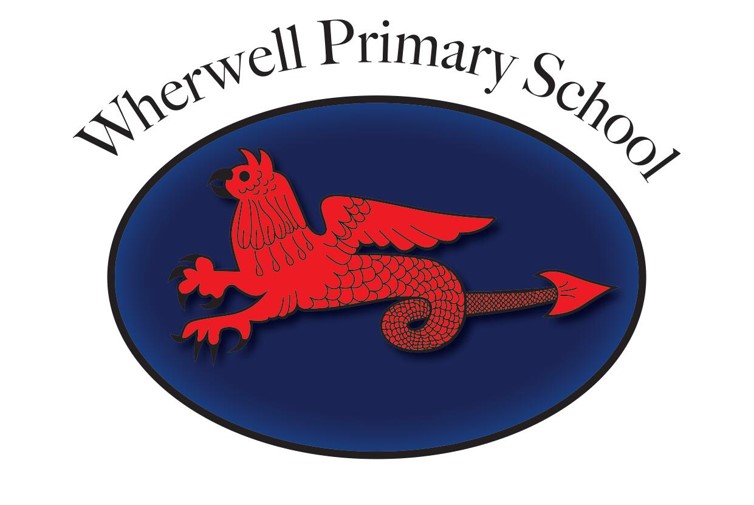|
These are our building blocks for tackling educational disadvantage.
Whole-school ethos of attainment for all
- We have a culture of high expectations for all and we promote our challenge to children for them to "be the best version of themselves”.
- We have a belief that all disadvantaged pupils are capable of overcoming their personal barriers to succeed.
- Disadvantaged pupils and their families are held in high regard.
- Leaders, teachers and other adults understand their role within the school’s strategy.
Addressing behaviour and attendance
- A strong emphasis is placed on developing positive behaviours for learning through Respect, Responsibility, Resilience and Care.
- The school responds rapidly to ensure behaviour management strategies are effective for pupils that need support.
- Attendance is monitored. Strategies, where applicable, are implemented to improve absence or lateness to maximise opportunities for learning in school.
- Persistent absence is rigorously challenged and proactive strategies to positively engage families are pursued.
High quality inclusive teaching for all
- The school places a strong emphasis on ensuring all disadvantaged pupils receive high quality inclusive teaching; responsive ongoing formative assessment is essential to ensure disadvantaged pupils make strong progress.
- Teachers are committed to successfully engage with the disadvantaged pupils who are less successful learners in teacher-led catch-up groups.
- Professional development is focused on securing strong subject knowledge, feedback, and self-regulation.
- Interventions are additional to the entitlement to high quality inclusive teaching; class teachers retain accountability for pupil achievement.
Meeting individual learning needs
- There is a strong understanding of the barriers to learning and how these barriers present in school.
- Learning Journeys are used to ensure barriers are overcome so that disadvantaged pupils can benefit from enrichment, emotional well-being support and interventions that enable them to succeed in their learning across a wide range of subjects.
- Learning gaps and misconceptions are identified and addressed so that pupils can secure learning domains that will enable them to catch up.
- Transition processes for disadvantaged pupils are carefully planned and implemented through TPA’s and good communication.
Data-driven
- The progress of disadvantaged pupils is discussed at all pupil progress meetings and at key assessment milestones. Actions are identified, implemented and regularly reviewed within each assessment phase.
- Accelerated progress must lead to higher attainment within an academic year and key stages.
Clear, responsive leadership
- A Strategy Group, which includes members of the leadership team and a governor, review the effectiveness of strategies at the end of each assessment phase.
- Self-evaluation is rigorous and honest.
- The effectiveness of the strategy is reviewed termly and is based on internal analysis, research and best practice.
- Leaders apply robust quality assurance processes and clear success criteria.
Deploying staff effectively
- Both teachers and support staff are deployed flexibly in response to the changing learning needs of disadvantaged pupils.
- Resources are targeted at pupils at risk of underachievement in terms of low and high achievement.
|
Please read the information below which gives details of our Pupil Premium Grant and how we allocate the funding.
Is your family eligible for Pupil Premium Funding?
Although all pupils in years R, 1 and 2 now receive free school meals as part of the Government’s universal free school meal provision, this does not mean that any child automatically qualifies for the Pupil Premium. Parents must still apply for free school meals Pupil Premium Service via:
https://www.cloudforedu.org.uk/ofsm/hants
This is a quick and simple process: with your National Insurance Number, date of birth, name and child’s details and an eligibility check can be carried out using the Department for Education’s Eligibility Checking System, this will confirm if details have been matched or not. If you need help completing the application form, please contact Mrs Pritchard who can provide support with the application process. Confirmation will be sent to you. The government is made aware of each pupil claiming FSMs each term via the school census so they have up-to-date information on those eligible. Parents working in the services need to ensure that the school is made aware of this.
Your child may be eligible for free school meals – and accordingly, pupil premium – if you receive any of the following benefits:
- Income support;
- Income-based jobseekers’ allowance;
- Income-related employment and support allowance;
- Support under Part IV of the Immigration and Asylum Act 1999;
- The guaranteed element of state pension credit;
- Child tax credit, provided that you are not also entitled to working tax credit and have a gross income of £16,190 or less
- Universal credit
